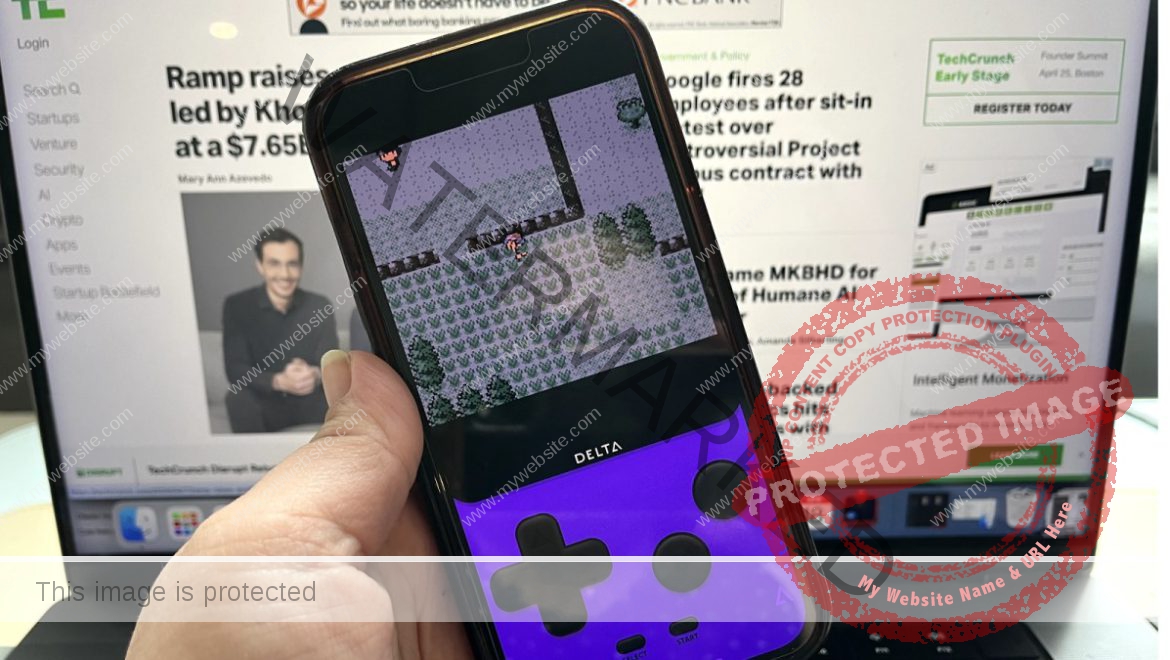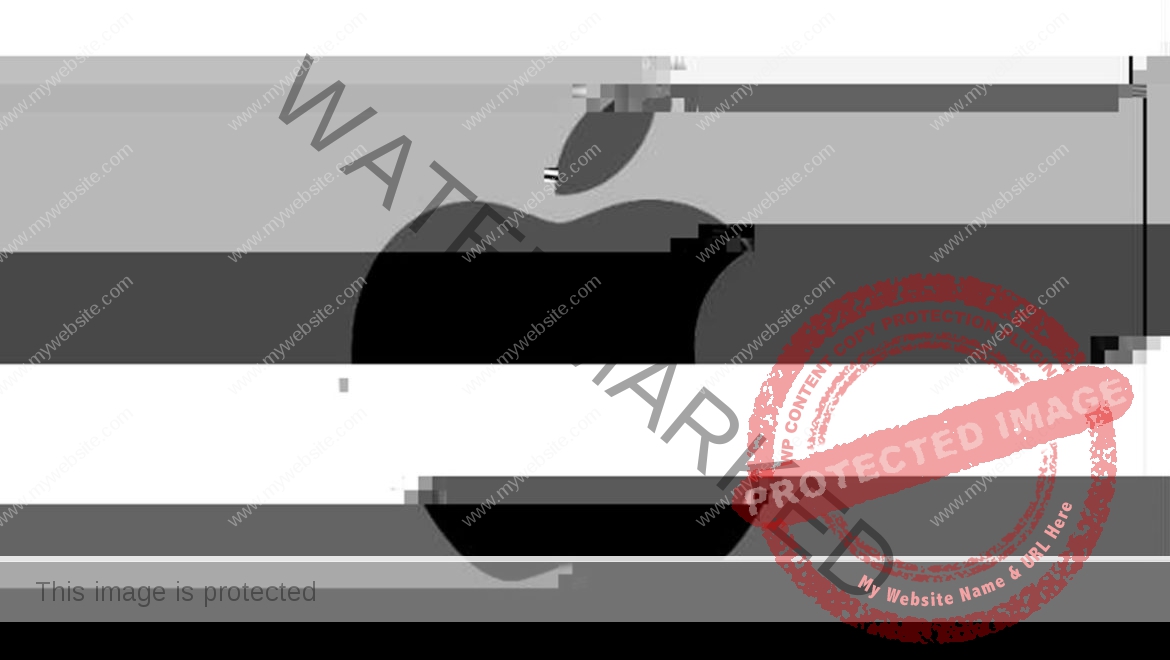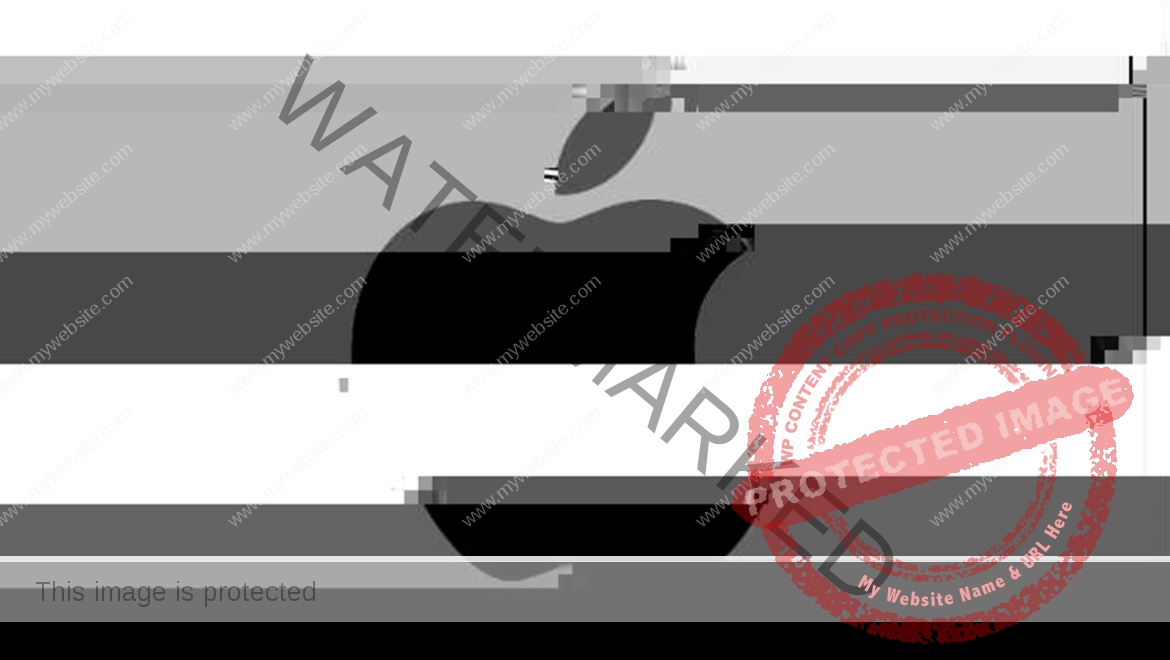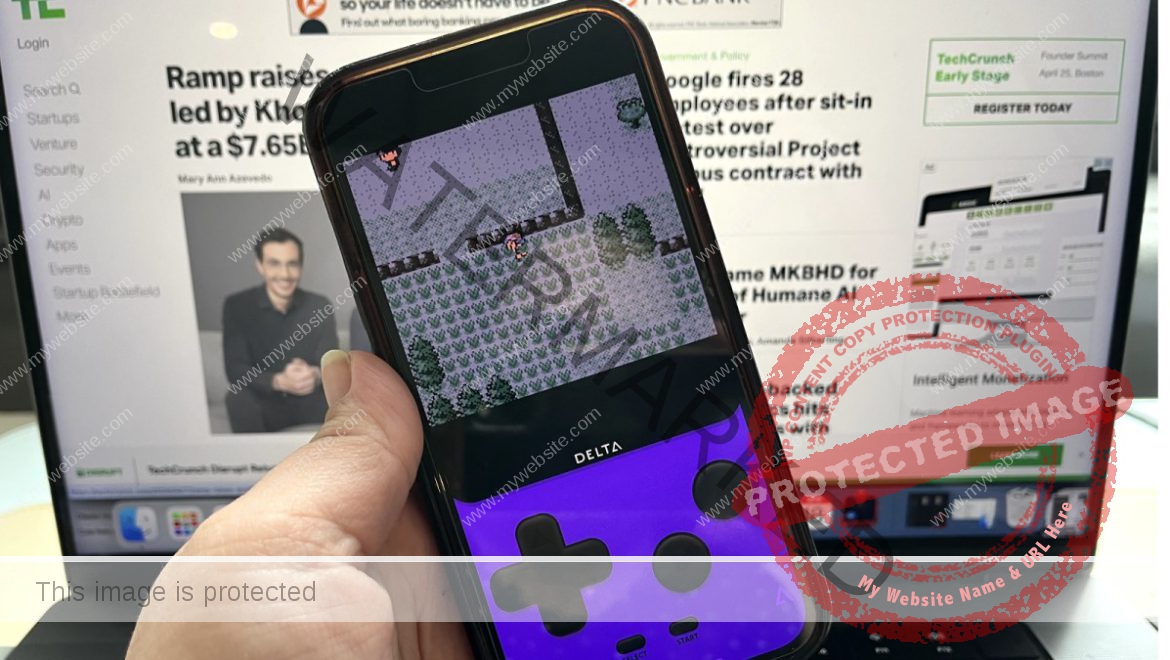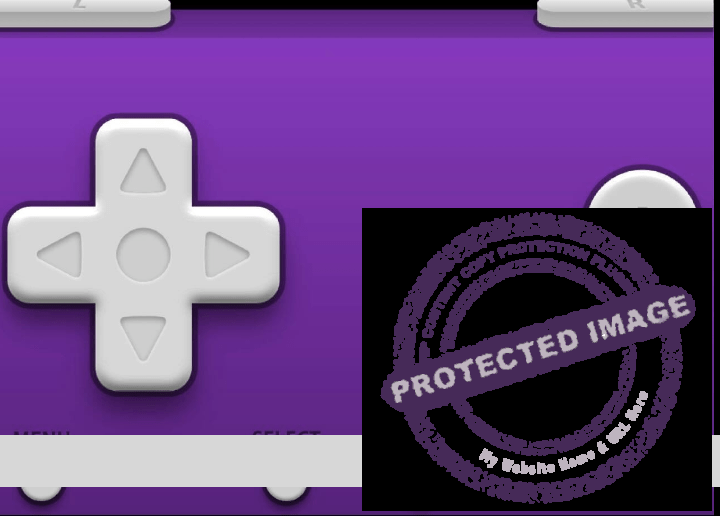10 years in the making, retro game emulator Delta is now No. 1 on the iOS charts | TechCrunch
Video game emulator Delta’s decade-long struggle against the iOS App Store began with a school-issued TI-84 calculator.
When Riley Testut was a sophomore in high school, he showed his friends how to load illicit software onto their bulky graphing calculators. Such behavior was generally discouraged at school, but he wasn’t plotting to cheat on a test. He was simply traversing the Viridian Forest, surfing across the Kanto seas and collecting gym badges.
“The teachers didn’t think we were playing Pokémon,” Testut told TechCrunch. “They were just like, ‘Why is everyone so into their calculators?’”
By 2014, when Testut was a high school senior, the only way to install a retro video game emulator on an iOS device was to jailbreak it. But Testut didn’t want to damage his then-state-of-the-art iPhone 4. So, he spent months building an app that would let him play GBA games on his phone without voiding its warranty. That app became GBA4iOS.
Millions of people swarmed to GBA4iOS, reveling in the glorious experience of playing Game Boy titles on a palm-sized phone. Even Time Magazine wrote about it. But GBA4iOS was too successful for its own good and, soon, Testut had to face an adversary more formidable than Team Rocket: Eight months after the app’s release, Apple patched the loophole that made GBA4iOS possible, quashing his app in the process.
“For a brief, glorious, few months, you had experienced what it was like to make an app that was used by millions — despite it being one that by all accounts ‘shouldn’t exist,’” Testut explained in a recent blog post, reflecting on his experience over the last decade. “You knew you were living on borrowed time, but it just felt wrong that an app this popular can never exist on iOS.”
“The Pokémon broke free!”
Video game emulation is complex to pull off, but it’s simple for the users. You download an emulator — usually open source, like ePSXe for PlayStation titles, or OpenEmu, which can emulate a bunch of consoles — and then get games to play on it.
But that’s where the issue lies: Finding a software copy of games, usually housed in a .ROM file, to use with these emulators is not as easy as buying games on the Nintendo eShop. You can buy hardware to legally extract the game file from old video game cartridges or discs that you own, but an easier way to play really old games is to just download their .ROM files for free from the internet — that’s basically piracy.
Downloading an app like Delta has never been illegal, but downloading the game files you need to play can be.
Given his prior experience, Testut was shocked when Apple changed its rules around emulators a few weeks ago. He uploaded Delta, a more refined version of GBA4iOS, and suddenly, he became the developer behind the No. 1 app on the App Store. Two weeks after release, Delta is still topping the charts of entertainment apps and holds the second spot on the free apps charts. According to app intelligence company Appfigures, Delta has been downloaded about 3.8 million times in two weeks.
“It’s surreal how good the reception has been, and how many people are playing it,” he said. “This is the app I’ve been working on for 10 years.”
Testut hadn’t just been a sitting Psyduck since GBA4iOS faded away a decade ago. He went to the University of Southern California to study computer science. Soon after, he happened to attend a Super Smash Bros. players meetup, where he crossed paths with Shane Gill, an engineering student who has now been his roommate for nine years and his business partner for five. They even have the same birthday.
Of course, Gill had also used GBA4iOS in high school, and he was excited to find out that his new friend was behind the app. He shared Testut’s drive to give app developers the freedom to access an audience without Apple as a middleman.
“There are more people like Riley and just so many developers that make these really cool things,” Gill told TechCrunch. “And just because it’s an iPhone, they can’t share it the same way.”
Emboldened by his experiences as a teenage developer, Testut teamed up with Gill in 2019 and launched AltStore, an app store designed for sideloading apps onto iOS devices. For most of its existence, AltStore was only usable on Windows and MacOS, but due to changing regulations in the European Union, it now has a legitimate way to become available on iPhones, as Apple was forced to allow iOS users in the EU to download apps from outside of the App Store.
So why did Apple just change its stance on emulator apps so suddenly? Apple did not respond to TechCrunch’s request for comment. It could have something to do with increased regulatory pressure on Apple, as it was recently sued by the U.S. Department of Justice over antitrust concerns. And according to Testut, it’s a bit too convenient that just as AltStore launched on iOS in the EU, Apple made a small carve-out in its rules to allow Delta to exist.
“Even if the DOJ hadn’t started this [antitrust lawsuit], I think Apple would have done the same thing of allowing emulators in the App Store worldwide,” Testut said. “They just couldn’t have that narrative that the coolest app on iPhone is only in Europe, thanks to European regulators.”
Running an app business without a middleman
When Gill joined Testut to work on AltStore, he encouraged Testut to set up a Patreon so he could stop taking odd jobs to pay the bills. Now, AltStore’s Patreon earns over $13,000 per month (up from about $10,000 at the beginning of April). In exchange for their monthly contributions, AltStore’s patrons get access to early app betas, like Delta’s test of iPad and SEGA Genesis support, as well as access to a community Discord.
Delta is a free app, so these millions of app downloads aren’t lining the devs’ pockets. Still, Testut and Gill don’t plan to change their monetization model.
“In the App Store, you don’t get this. You don’t have this relationship with your customers. … It’s way more bureaucratic and not personal,” Testut said. “I’m very excited to show that consumers can have a close relationship with developers. I think it works better that way, because we can have Delta be completely free without any paywalls in it, and people can still get access to cool new features early by just donating to us.”
Testut’s vision is pretty emblematic of the game emulation community. At a time when it’s difficult to truly own any of the software you subscribe to, or use, no matter how much money you’ve paid over the years, the effort here isn’t just about reliving childhood gaming memories. It’s archival.
Often, the only way to preserve a 40-year-old game is to rip the software from the old cartridge and build an emulator that can run it, and that’s true for more software than just games.
“This is art that existed 40 years ago. Developers don’t own the IP anymore, and there’s no way to share it with people,” Gill said. “So unless somebody puts it out in some form, it’ll just be lost to time. That’s something that I think is a bit tragic.”
Thanks to Testut and Gill, it’s never been easier to play retro video games for people who don’t want to step beyond the bounds of what Apple deems legal on iPhones. And it’s all because the company just slightly tweaked its developer guidelines. If just one change to App Store policy can unlock a new No. 1 app, what else have we missed out on?
“This was way bigger than we could have ever hoped for, honestly,” said Testut. “Being able to put Delta in the App Store has just made our message so obvious. We’re saying, ‘Hey, we’re trying to make apps that haven’t been able to exist before,’ and then the second Apple allows it, we’re in the App Store and we’re the number one app.”

